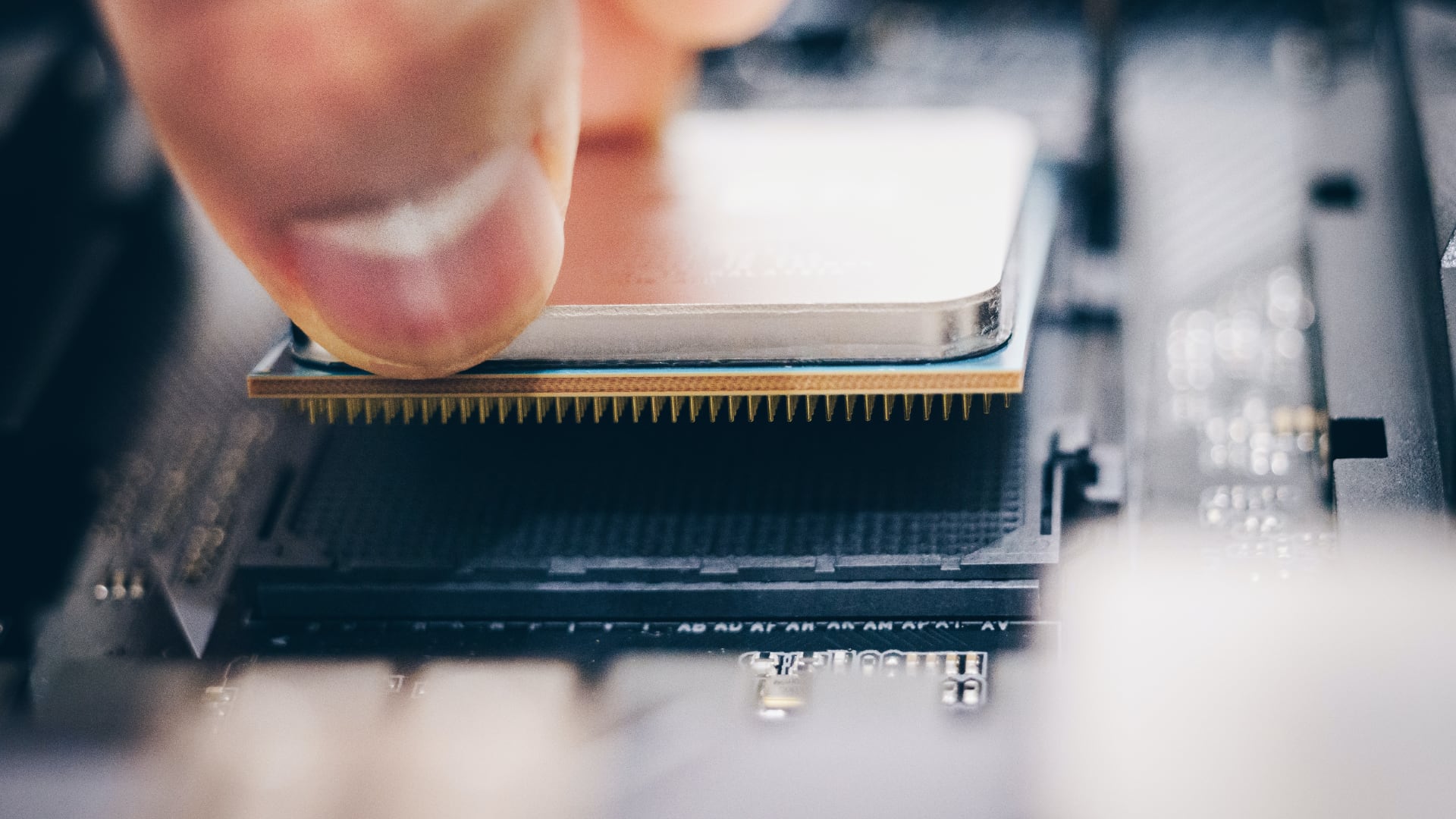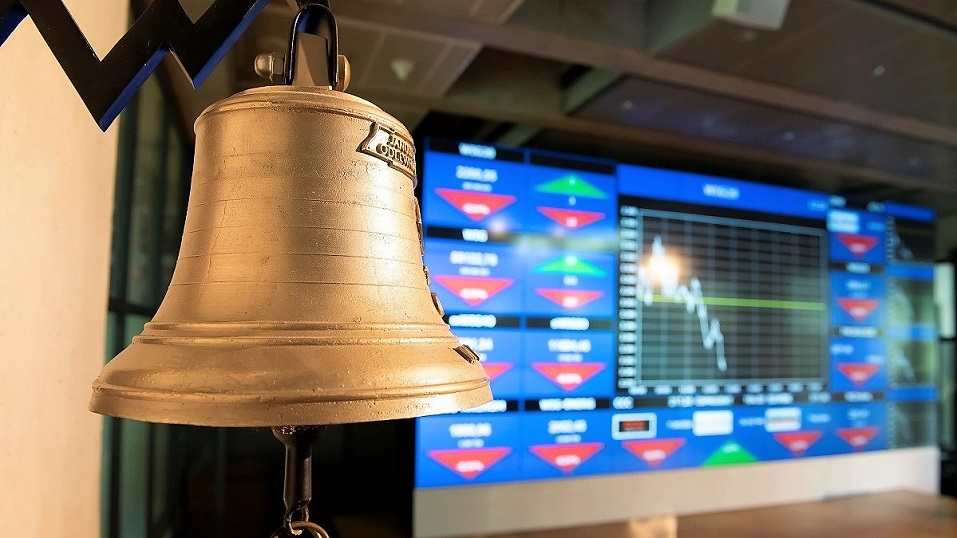Klarna ‘s successful initial public offering (IPO) in New York, which valued the company at nearly $20 billion, sheds new light on its aggressive artificial intelligence strategy.
CEO Sebastian Siemiatkowski admits that the company may have gone too far in using AI to cut costs and is now focusing on reinvesting in product and service quality.
The Swedish fintech has been one of the European pioneers in large-scale AI implementation. Over the past year, the company has reduced its workforce from 5,000 to 3,800, with an AI-based chatbot taking over tasks previously performed by 700 customer service staff.
Klarna also ditched third-party providers such as Salesforce and used AI to create marketing campaigns, resulting in savings of millions of dollars.
Now, however, the company is reviewing its approach. Siemiatkowski pointed out that the savings, although noticeable, were negligible from the perspective of investors. In his view, the capital markets are primarily looking for growth and product innovation, not just operational optimisation.
The signal of change is the re-opening of recruitment for dozens of positions in the company.
Klarna is not abandoning artificial intelligence. However, the narrative around its use is changing. Instead of being seen primarily as a cost-cutting tool, it is set to become a driver for productivity and the creation of better and more advanced services for customers and business partners.
Management emphasises that the long-term goal is to use AI to build competitive advantage through quality, not just through lower costs. Klarna’s story thus becomes a case study for the whole industry, showing how to strike a balance between technological euphoria and real business needs.












